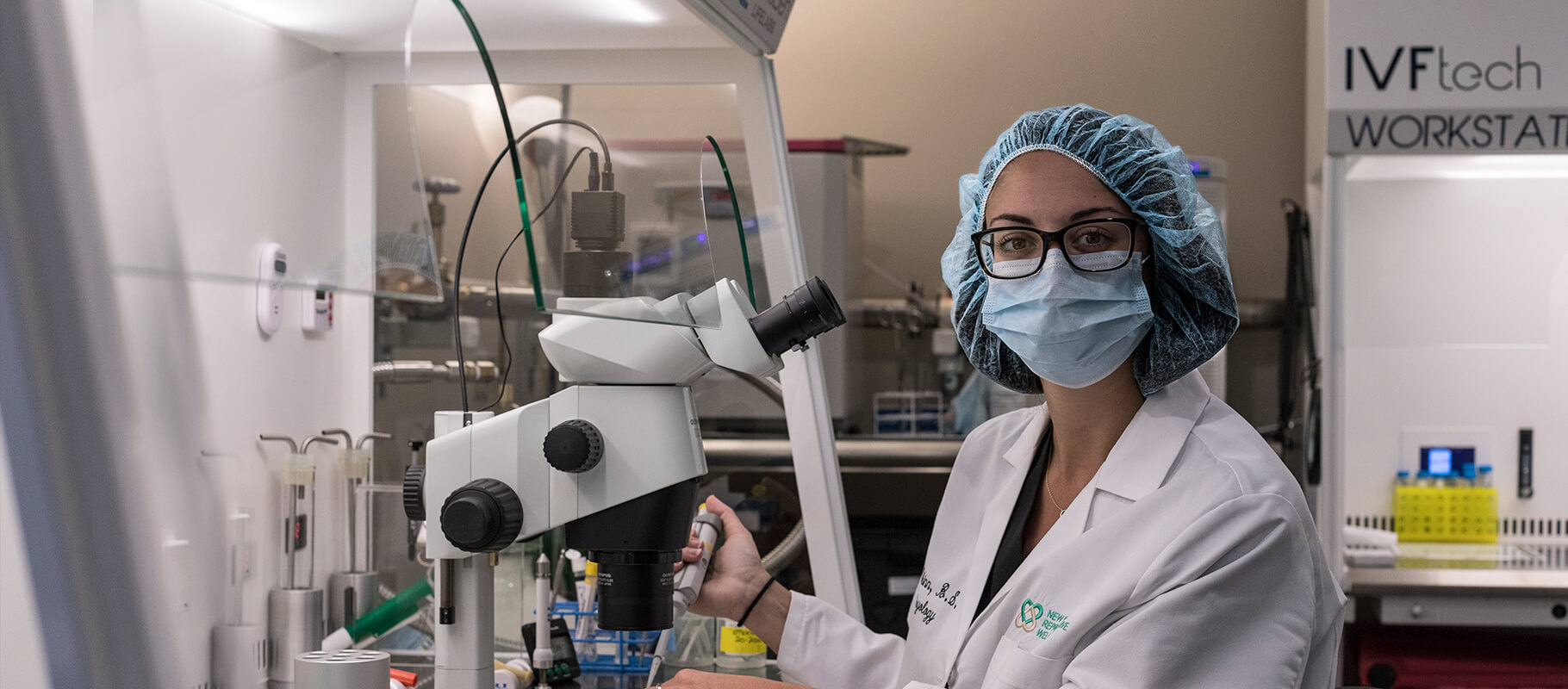What are we looking for in a donor?
Egg Donor Requirements
- Age between 21-30
- No history of smoking or drug use
- Body Mass Index of less than 30
- No genetic diseases in the family
- Healthy Lifestyle
- Regular menstrual cycles
How does the egg donation work?
-
Screening
Once you have filled out the application form, our clinical staff will reach back to you if you pre-qualify. We will further discuss your medical and lifestyle history with you. If everything looks good, congratulations! you are in route to become an egg donor.
-
Couple and egg donor matching
Once the future parent decides to work with you, you will enter into a contract to work together (anonymously). You will incur no cost associated with the egg donation process.
-
Meet with your clinical team
You will meet with our clinical team, who will walk you through all the necessary clinical steps. We will perform all the lab tests and guide you through every steps of process prior to the egg retrieval.
-
Egg retrieval
Once all the necessary medication have been taken, our clinic will set up a retrieval day for the eggs. This process typically takes between 30-40 minutes. Recovery depends on individuals but most donors can go back to their home the next day.
FAQs
IVF and IUI are two different types of fertility treatments to help a woman get pregnant. IUI, or Intrauterine Insemination is a process where sperm is placed directly inside a woman’s uterus to facilitate fertilization. IVF, or In Vitro Fertilization is a process where eggs and sperm are combined outside of the uterus to create fertilized embryos. Following IVF, an embryo can be transferred to the womb to develop. You can learn more about IUI here and IVF here.
Once the screening process is complete the egg donation cycle takes about 12-14 days. The cycle includes about 10-12 days of medications and ends with an egg retrieval. The egg retrieval is a quick, 30 minute, outpatient procedure that's done under IV sedation. Patients return to their home (if local) or hotel the same day and can travel the next day (if home is not local).
It is important to note that side effects are extremely variable from person to person. In general, egg donation does have potential side effects. Possible symptoms from the medication taken prior to including bloating, abdominal pain and swelling, breast tenderness and moodiness. The egg retrieval procedure is guided by transvaginal ultrasound and while serious complications are quite rare they can include bleeding, internal organ damage and infection.
The short answer is yes. There are few restrictions when undergoing egg donation. The most critical thing is keeping on schedule with required medications leading up to the procedure.
Donors will take birth control prior to the cycle start for timing purposes. Once in cycle they will take injectable medications for 10-12 days. They will also receive some medications during the egg retrieval procedure through their IV administered by anesthesia. Your physician will outline the full regimen with you in more detail during your first visit.
No. Except in rare circumstances where uncommon side effects result from the egg retrieval process, donation will have no impact on future fertility.
Yes. Assuming all goes well during your first donation, you are welcome to do it again. In fact, future donations can be quicker because you’ve already been through the initial screening process.









